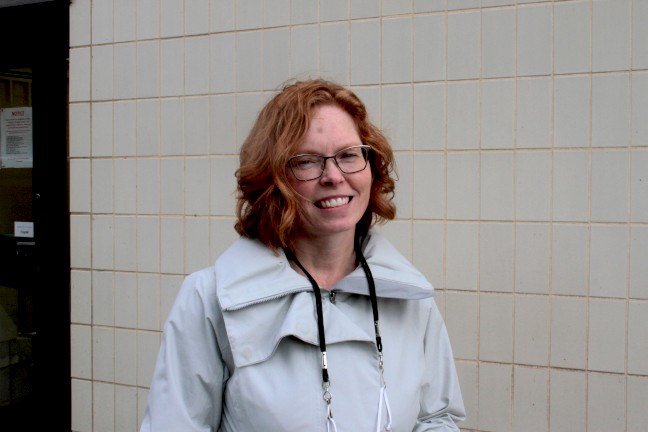THUNDER BAY — A joint effort by local, provincial, and national organizations to advocate for making the Rural and Northern Immigration Pilot program permanent has paid off.
The Thunder Bay, Ontario and Canadian Chambers of Commerce, the Thunder Bay Community Economic Development Commission (CEDC), the Northern Policy Institute, the Thunder Bay Multicultural Association, and MPs Patty Hajdu and Marcus Powlowski have been working to illustrate the importance of the program in the region.
Marc Miller, minister of immigration, refugees and citizenship Canada, announced that the immigration program will become permanent with an additional new Francophone Community Immigration Pilot, aiming to support rural and francophone minority communities.
Charla Robinson, president of the Thunder Bay Chamber of Commerce, said Thunder Bay has experienced a shrinking population due to aging and lack of growth in the last 20 years.
"This program is a positive thing for our community in helping to grow our community population, address our labour shortages and bring in that skilled workforce that we so desperately need, especially as we move into the growing economy around mining and resources," Robinson said.
She called the recent cap by the federal government on international students "a detriment" to the success of the Rural and Northern Immigration Pilot program because many of the people who have gone through the program have been international students.
"The (Rural and Northern Immigration Pilot program) is one of the key pipelines for individuals to come here, take their training at the college or university and then find a job with a local employer who sponsors them through the program," she said.
"We have made that point very strongly to the federal minister (Miller), and our local and Northern Ontario members of parliament are making the message very clear that we believe that any community that has the (Rural and Northern Immigration Pilot program) should be exempted from the student cap because you're undercutting a program that's been successful that you've now decided you want to make permanent."
She added that the new permanent program starts with a negative because the international student cap is cutting off the pipeline.
"If you're reducing the number of students that are allowed to come to our communities, then that will reduce the number of people who will be able to go through the (immigration pilot program)," she said.
The chamber works closely with the Thunder Bay Community Economic Development Commission, which leads and delivers the immigration pilot program.
Jaime Taylor, the development commission's chief executive officer, told The Chronicle-Journal that the announcement to make the immigration pilot program permanent is good news, and Thunder Bay may have the opportunity to continue the program.
"We have recommended over 1,000 candidates since the beginning of the pilot, and retention is high to date," Taylor said. "We are waiting on more information from the Ministry of Immigration, Refugees and Citizenship Canada on next steps."
At the end of 2023, 4,595 newcomers received permanent residence through the immigration pilot program, filling labour shortages in health care, trades, service, retail and other areas. The application process for community participation in the pilot programs will begin this spring.
